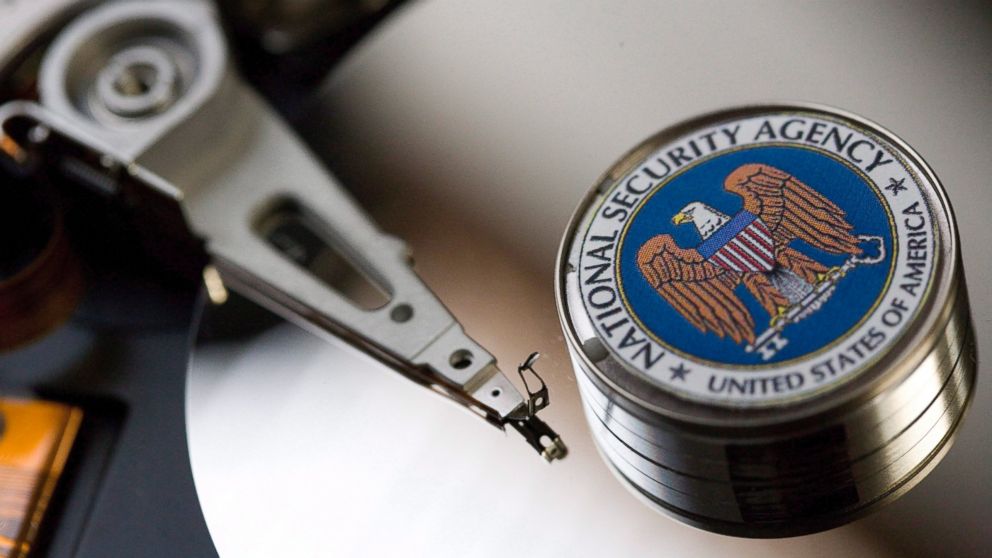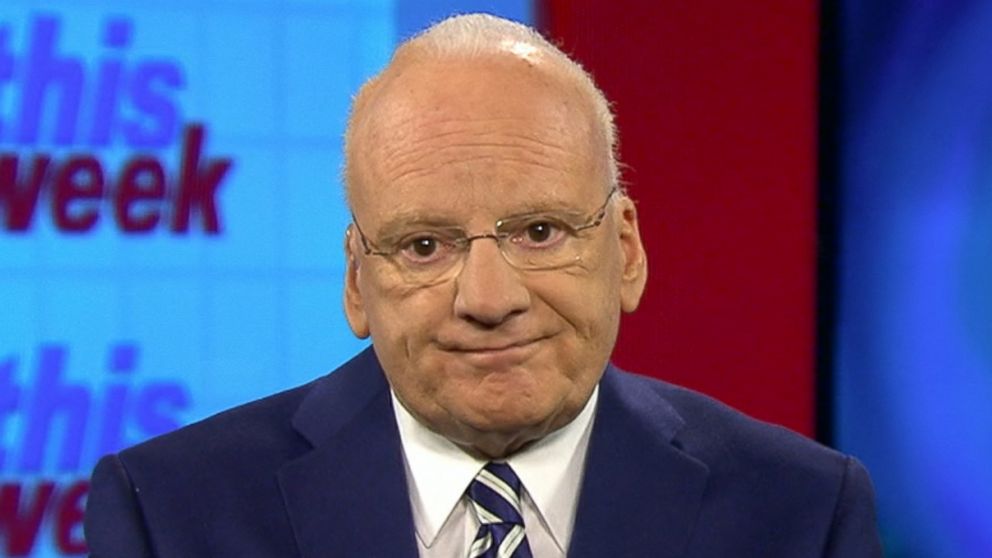NSA Domestic Surveillance Program 'Likely' to Expire Tonight, Former Counterterrorism Official Says
But will it affect your safety?

— -- Key provisions of the PATRIOT Act -- the controversial law that allows the NSA to collect Americans' phone records and secretly track suspected terrorists – will likely expire tonight, a former White House counterterrorism official told ABC's George Stephanopoulos on "This Week."
"What I think will likely happen tonight is the law will expire," Richard Clarke said Sunday morning. "And then later in the week, the USA Freedom Act, which is essentially the same as the PATRIOT Act with the exception of the telephone metadata program, that act will pass and most of the authorities will be restored."
Though the White House says even a temporary lapse in the NSA's authority could affect national security, Clarke says it's unlikely to endanger Americans.
"It probably is not as big a deal as the president is making out," he said, noting that the FBI can use other tools, like warrants, in the interim.

"We're likely to be faced with only a few days where the FBI won't have a handful of tools that, frankly, they don't often use," said Clarke, who in 2013 recommended that the Obama administration end bulk metadata collection.
But CIA Director John Brennan doesn't seem to agree.
"I think terrorist elements have watched very carefully what has happened here in the United States," Brennan said on CBS's "Face the Nation" Sunday when asked whether terrorists would take advantage of a brief lapse. "They are looking for the seams to operate within, and this is something that we can't afford to do right now.
"Unfortunately, I think that there has been a little too much political grandstanding," Brennan told anchor Bob Schieffer. "These tools are important to American lives."
Three provisions of the PATRIOT Act -- including Section 215, which gives the NSA the authority to collect phone metadata -- are set to expire automatically at midnight tonight unless Congress works out a deal.
Two other provisions could also run out tonight: one that allows law enforcement to impose roving wiretaps on terror suspects who frequently switch phones, and another that allows officials to monitor suspected terrorists even if they can't establish a connection to a known terrorist organization. (This "lone wolf" provision has never been used.)
Some lawmakers, including Senate Majority Mitch McConnell, R-Ky., want Congress to reauthorize the act as-is. Others, like Sens. Ted Cruz, R-Texas, and Patrick Leahy, D-Vermont, are urging Congress to pass instead the USA Freedom Act, which would abolish bulk metadata collection but leave the roving wiretaps and lone wolf provisions intact. (Rather than allowing the NSA to retain metadata, the Freedom Act would put those records in the hands of phone providers, who would turn them over only if the government obtained a specific warrant.)
Though the House of Representatives passed the bill 303-121, it fell just three votes short of moving forward in the Senate.
In his weekly address, President Obama lauded the House for passing the measure, and encouraged the Senate to do the same.
"Terrorists like al Qaeda and ISIL aren't suddenly going to stop plotting against us at midnight tomorrow. And we shouldn't surrender the tools that help keep us safe," the president warned. "It would be irresponsible. It would be reckless. And we shouldn't allow it to happen."
But some in Congress, most notably Kentucky Sen. Rand Paul, have vowed to end the PATRIOT Act once and for all. The Republican senator-turned-presidential-hopeful has declared he'll force the law's expiration, likely by using procedural tactics to delay votes on reform.

If he's successful, "there is no plan B," according to the White House.
The NSA will begin shutting down its surveillance operation at 4 p.m. today, just as the Senate reconvenes. If it doesn't cancel the shutdown by 8 p.m., the stoppage becomes irreversible, and no data can be collected or analyzed until the system restarts, which could take an entire day.
"Heaven forbid, we've got a problem where we could have prevented a terrorist attack but we didn't do so simply because of inaction in the Senate," Obama said Friday.
ABC's Devin Dwyer and Jordyn Phelps contributed to this report.









